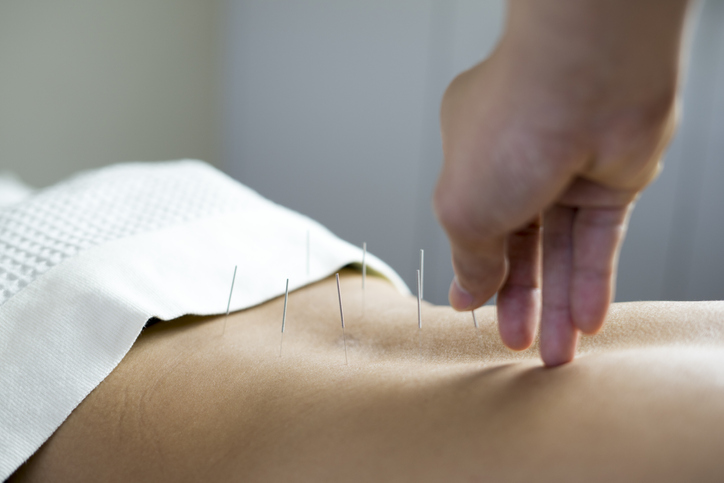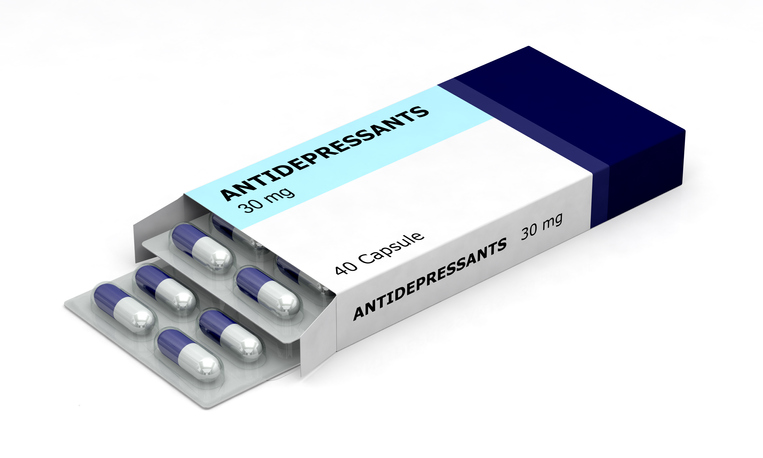Treatments
Who Is a Good Candidate for Reiki Treatment?

What is Reiki?
Reiki is a complementary medicine practice that involves the transfer of energy to promote healing. Reiki is the Japanese name for “universal life force energy.” Mikao Usui, a Japanese Buddhist monk, is thought to have founded the practice in the 1920s.
During a Reiki session, the practitioner places their hands slightly above the body or lightly on the body. The goal is to transfer Reiki, or life-giving energy, from the practitioner to the client. This is thought to stimulate the body’s natural ability to heal.
Health conditions and symptoms that may benefit from Reiki
Reiki is safe for most individuals, including the elderly, children, pregnant women, and those with health conditions. Reiki may reduce symptoms of various health conditions including the following:
- Chronic pain
- Insomnia
- Depression
- Anxiety
- Chronic fatigue syndrome
- Headaches
- Nausea
- Cancer
Individuals who are recovering from surgery may also be good candidates for Reiki treatment. Reiki helps the body return to a state of relaxation, which promotes healing.
Considerations
Individuals considering Reiki should be aware of the following:
- Reiki practitioners are not regulated. Education and certification are not required.
- Reiki has limited scientific backing. Studies involving Reiki show inconsistent results. However, those who are open to the experience and benefits of Reiki are more likely to see positive results.
- Reiki treatment is not usually covered by health insurance.
- Individuals who are uncomfortable lying in a dim room with a practitioner standing over them should not participate in Reiki treatment. For some individuals, this may lead to anxiety or panic attacks.
It is also worth noting that Reiki should only be used as a complementary treatment. It should not be used to replace conventional medical treatments.



















